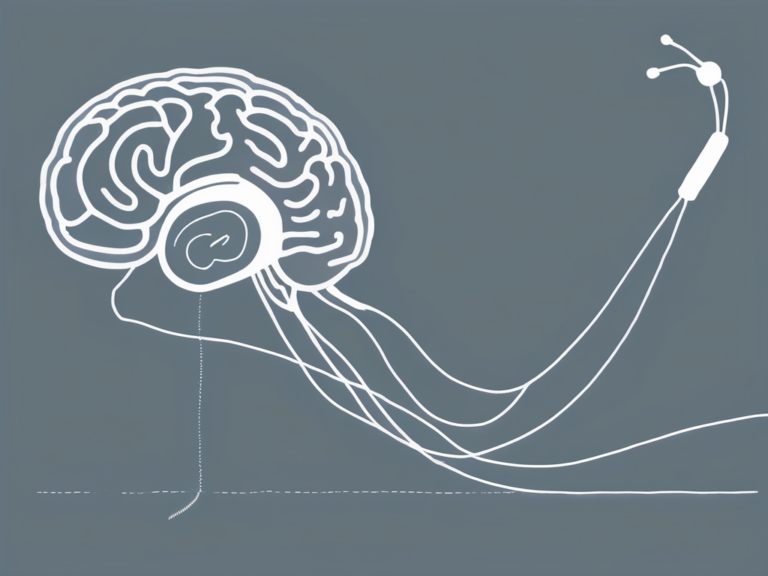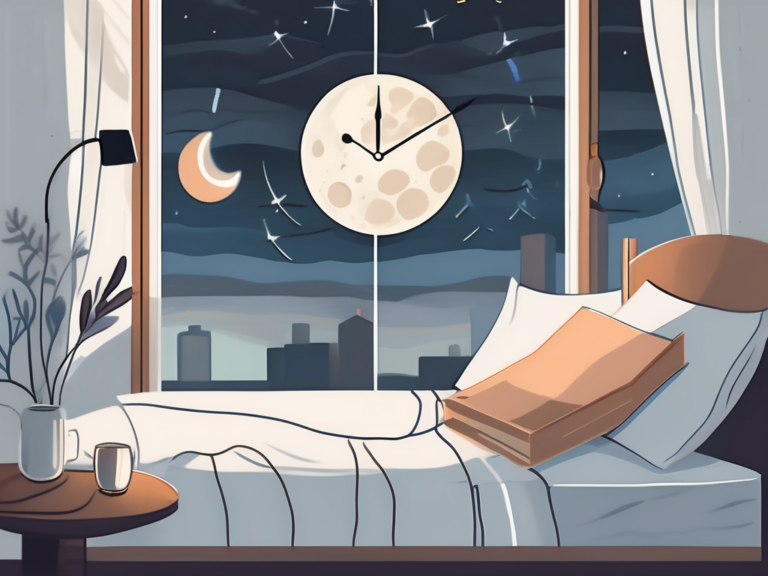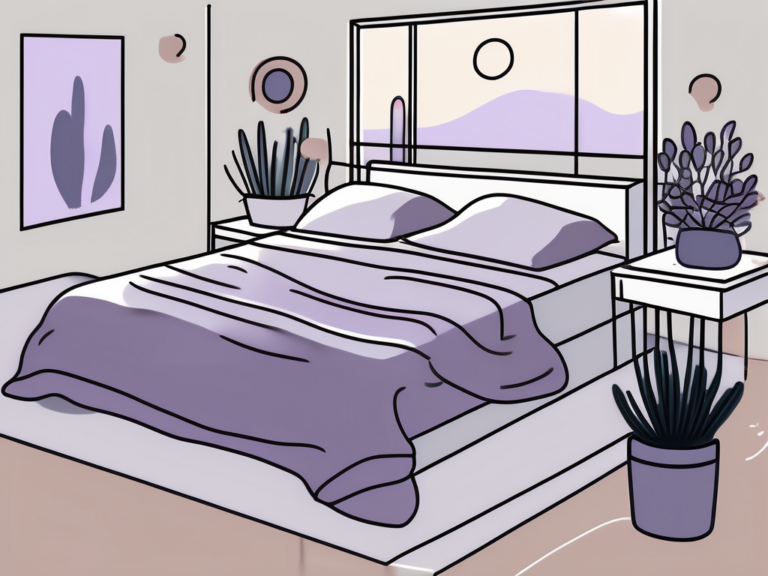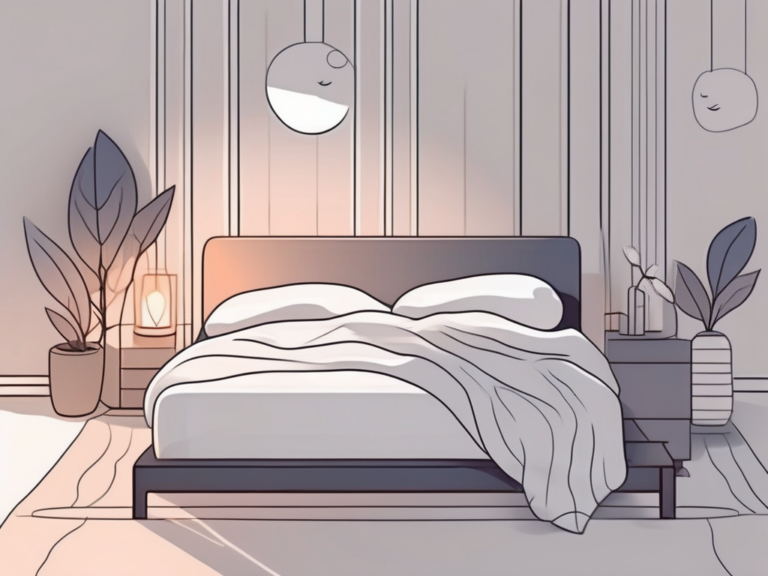Tips on How to Sleep Early: A Comprehensive Guide
Are you struggling to fall asleep early and wake up refreshed in the morning? If so, you’re not alone. Many people face difficulties when it comes to establishing a proper sleep routine. However, getting adequate sleep is crucial for our physical and mental well-being. In this comprehensive guide, we will explore various tips and techniques to help you sleep early and improve your sleep quality. Let’s dive in!
Understanding the Importance of Early Sleep
Before we delve into the tips and tricks for sleeping early, it is essential to understand why establishing a consistent sleep schedule matters.
Sleep is not just a state of rest; it plays a vital role in maintaining our overall health and well-being. When we sleep, our bodies undergo a series of complex processes that help us recharge and rejuvenate. One of the key benefits of early sleep is its impact on our immune system. During sleep, our immune system releases proteins called cytokines, which help promote sleep and fight off infections. By prioritizing early sleep, you give your immune system the opportunity to strengthen itself and protect you from illnesses.
The Science Behind Sleep and Health
Did you know that sleep is involved in maintaining a healthy immune system, enhancing cognitive function, and regulating mood? Lack of sleep can increase the risk of health issues such as obesity, diabetes, and cardiovascular diseases. By prioritizing early sleep, you can safeguard your overall well-being.
Furthermore, sleep plays a crucial role in cognitive function. When we sleep, our brains consolidate and organize information, helping us retain and recall memories more effectively. This process, known as memory consolidation, is essential for learning and problem-solving. By getting enough early sleep, you give your brain the opportunity to process and store information, improving your cognitive abilities and boosting your productivity.
The Impact of Late Nights on Your Body
Staying up late may seem harmless, but it disrupts your natural sleep-wake cycle, also known as the circadian rhythm. This disruption can lead to difficulties falling asleep and feeling groggy the next day. By prioritizing early sleep, you can align your sleep schedule with your body’s natural rhythm.
Moreover, when we stay up late, we often engage in activities that can negatively impact our sleep quality. For example, using electronic devices such as smartphones or watching stimulating television shows can interfere with our ability to fall asleep easily. By choosing to prioritize early sleep, you create a conducive environment for rest and relaxation, allowing your body to unwind and prepare for a restful night’s sleep.
Establishing a Sleep Schedule
Now that you understand why early sleep is crucial, let’s explore how you can establish a consistent sleep schedule. Consistency is key when it comes to establishing a healthy sleep routine. Your body operates on a circadian rhythm, and maintaining a consistent sleep schedule helps regulate this internal clock. Aim to go to bed and wake up at the same time every day, even on weekends, to optimize your sleep quality.
The Role of Consistency in Sleep Patterns
Consistency is not only important for your circadian rhythm but also for your overall well-being. When you have a consistent sleep schedule, your body becomes accustomed to a regular sleep-wake cycle, making it easier for you to fall asleep and wake up naturally. This can lead to improved cognitive function, better mood regulation, and increased productivity throughout the day.
Additionally, consistency in sleep patterns helps regulate the release of hormones in your body. Hormones such as melatonin, which is responsible for promoting sleep, are released at the same time each day when you have a consistent sleep schedule. This helps your body anticipate and prepare for sleep, leading to a more restful and rejuvenating night’s rest.
How to Create an Effective Sleep Schedule
To create an effective sleep schedule, it’s important to consider your lifestyle and obligations. Determine how many hours of sleep you need to feel refreshed, and then work backward to calculate your ideal bedtime. Remember to allocate enough time for winding down before bed, allowing your mind and body to relax.
In addition to determining your ideal bedtime, it can be helpful to establish a consistent wake-up time as well. Waking up at the same time every day helps regulate your body’s internal clock and sets the tone for a productive and energized day ahead.
Once you have determined your ideal bedtime and wake-up time, develop a pre-sleep routine that includes activities like reading, listening to calming music, or practicing relaxation techniques. This routine will signal to your body that it is time to unwind and prepare for sleep. Avoid stimulating activities such as using electronic devices or engaging in intense exercise close to bedtime, as these can interfere with your ability to fall asleep easily.
Remember, establishing a sleep schedule takes time and patience. Stick to your schedule consistently, and over time, your body will adjust and adapt to this routine. By prioritizing a consistent sleep schedule, you are investing in your overall health and well-being.
Lifestyle Changes for Better Sleep
In addition to establishing a sleep schedule, certain lifestyle changes can significantly improve your sleep quality.
Dietary Habits and Their Effect on Sleep
Your eating habits can have a significant impact on your sleep. It’s advisable to avoid heavy meals, caffeine, and alcohol close to bedtime. These substances can interfere with your ability to fall asleep and disrupt your sleep patterns. Instead, opt for light, sleep-promoting snacks such as a small portion of nuts or a cup of herbal tea.
Furthermore, it’s important to note that the timing of your meals can also influence your sleep. Eating a large meal right before bed can cause discomfort and indigestion, making it harder for you to relax and fall asleep. To avoid this, try to have your dinner at least two to three hours before your intended bedtime. This allows your body enough time to digest the food properly, reducing the chances of experiencing sleep disturbances.
Exercise and Sleep: What’s the Connection?
Regular physical activity has numerous benefits, and improved sleep is one of them. Engaging in moderate exercise, such as brisk walking or yoga, can help regulate your sleep patterns and promote relaxation. However, remember to schedule your workouts at least a few hours before bedtime, as exercising too close to sleep can have the opposite effect.
Exercise stimulates the release of endorphins, which are natural mood boosters. These endorphins can help reduce stress and anxiety, allowing you to unwind and prepare your body for a restful night’s sleep. Additionally, physical activity increases body temperature, and as your body cools down after exercise, it signals to your brain that it’s time to sleep. This cooling down process helps facilitate the transition into a deep and rejuvenating sleep.
Creating a Sleep-Inducing Environment
Your sleep environment plays a significant role in your ability to sleep early and restfully. But what exactly makes a sleep environment truly conducive to a good night’s rest? Let’s dive deeper into the details.
The Importance of a Comfortable Bedroom
When it comes to creating an environment that promotes a relaxing atmosphere, your bedroom is the key player. It’s not just about having a cozy bed to crawl into; it’s about creating a sanctuary for sleep. So, how can you achieve this?
First and foremost, keep the room dark. Darkness signals to your brain that it’s time to wind down and prepare for sleep. Invest in blackout curtains or blinds that effectively block out any unwanted light from street lamps or early morning sunrises. This simple step can make a world of difference in your sleep quality.
Next, focus on the temperature. A cool room is ideal for sleep, as it mimics the natural drop in body temperature that occurs during the night. Consider using a fan or air conditioning to maintain a comfortable temperature. And don’t forget about ventilation! Fresh air circulating in your bedroom can help you breathe easier and enhance your sleep experience.
Now, let’s talk about the elements that directly impact your physical comfort. A comfortable mattress is essential for supporting your body and relieving pressure points. Look for a mattress that suits your personal preferences, whether it’s memory foam, latex, or a traditional innerspring mattress.
Supportive pillows are equally important. They help align your neck and spine, reducing the risk of waking up with a stiff neck or back pain. Find pillows that provide the right level of support for your sleeping position, whether you’re a side sleeper, back sleeper, or stomach sleeper.
Lastly, don’t underestimate the power of breathable bedding. Opt for materials like cotton or bamboo, which allow air to circulate and wick away moisture, keeping you cool and comfortable throughout the night.
The Role of Light and Noise in Sleep Quality
Now that we’ve covered the physical aspects of your sleep environment, let’s delve into two other crucial factors: light and noise.
Exposure to artificial light, especially the blue light emitted by electronic devices, can disrupt your body’s natural sleep-wake cycle. To minimize its impact, consider implementing a “digital sunset” routine. This involves avoiding screens for at least an hour before bed and using apps or settings that reduce the blue light emitted by your devices. By doing so, you’ll signal to your brain that it’s time to wind down and prepare for sleep.
But what about external light sources that you can’t control, such as streetlights or the moon’s glow? This is where blackout curtains or an eye mask come to the rescue. These tools effectively block out any unwanted light, creating a pitch-black environment that enhances your sleep quality.
Noise can also disrupt your sleep, preventing you from entering the deep, restorative stages of rest. If you live in a noisy neighborhood or have a partner who snores, consider using earplugs or a white noise machine. Earplugs can help muffle disruptive sounds, while a white noise machine provides a constant, soothing sound that masks other noises and promotes relaxation.
By paying attention to these often overlooked details, you can transform your sleep environment into a haven of tranquility. Remember, a restful night’s sleep starts with creating the perfect setting for your slumber.
Techniques to Help You Sleep Early
Now that you have set the stage for a good night’s sleep let’s explore various techniques that can assist you in falling asleep early.
Relaxation Techniques for Better Sleep
Practice relaxation techniques such as deep breathing, progressive muscle relaxation, or guided imagery before bed. These techniques can help calm your mind and release tension from your body, promoting a sense of calm that aids in falling asleep early.
The Power of Mindfulness and Meditation
Engaging in mindfulness or meditation exercises can be incredibly beneficial for improving sleep quality. By focusing your attention and staying present in the moment, you can quiet your racing thoughts and let go of stress, allowing your mind and body to relax into sleep.
Another effective technique to help you sleep early is creating a bedtime routine. Establishing a consistent routine before bed can signal to your body that it’s time to wind down and prepare for sleep. This can include activities such as reading a book, taking a warm bath, or listening to calming music. By engaging in these relaxing activities consistently, your body will begin to associate them with sleep, making it easier to fall asleep early.
In addition to relaxation techniques and a bedtime routine, it’s important to create a sleep-friendly environment. This means keeping your bedroom cool, dark, and quiet. Consider using blackout curtains or an eye mask to block out any unwanted light, and use earplugs or a white noise machine to drown out any disruptive sounds. Creating a peaceful and comfortable sleep environment can greatly enhance your ability to fall asleep early and stay asleep throughout the night.
Overcoming Common Sleep Problems
Despite your best efforts, you may encounter common sleep problems that hinder your ability to sleep early. Let’s explore some strategies to overcome these challenges.
Dealing with Insomnia: Tips and Tricks
If you regularly struggle with falling asleep or staying asleep, you may be experiencing insomnia. Insomnia can be frustrating and exhausting, but there are several techniques you can try to overcome it.
First and foremost, establishing a consistent sleep routine is crucial. Going to bed and waking up at the same time every day helps regulate your body’s internal clock, making it easier to fall asleep and wake up refreshed. Additionally, limit daytime naps, as they can disrupt your sleep schedule and make it harder to fall asleep at night.
Avoiding stimulating activities before bed is another important step in managing insomnia. This means steering clear of electronic devices, such as smartphones and tablets, as the blue light emitted from these devices can interfere with your body’s production of melatonin, a hormone that regulates sleep. Instead, engage in relaxing activities, such as reading a book or taking a warm bath, to signal to your body that it’s time to wind down.
Creating a calm sleep environment is also essential for overcoming insomnia. Make sure your bedroom is dark, quiet, and at a comfortable temperature. Consider using earplugs, an eye mask, or a white noise machine to block out any disruptive sounds or lights that may prevent you from falling asleep.
If these strategies do not alleviate your insomnia, it may be beneficial to consult a healthcare professional. They can provide further guidance and explore potential underlying causes of your sleep difficulties.
Managing Stress for a Good Night’s Sleep
Stress and anxiety can significantly impact your sleep quality, making it difficult to fall asleep and stay asleep throughout the night. Fortunately, there are various stress management techniques that can help you achieve a good night’s sleep.
One effective approach is to practice relaxation exercises, such as deep breathing, progressive muscle relaxation, or meditation. These techniques can help calm your mind and body, reducing stress and promoting a sense of relaxation that is conducive to sleep.
Incorporating regular physical activity into your routine can also aid in managing stress and improving sleep. Engaging in activities like walking, jogging, or yoga can release endorphins, which are natural mood boosters, and help reduce anxiety. However, it’s important to avoid exercising too close to bedtime, as this can actually stimulate your body and make it harder to fall asleep.
Maintaining a healthy lifestyle is another key factor in managing stress and achieving quality sleep. This includes eating a balanced diet, avoiding excessive caffeine and alcohol consumption, and practicing good sleep hygiene. Sleep hygiene refers to habits and practices that promote healthy sleep, such as keeping a consistent sleep schedule, creating a comfortable sleep environment, and avoiding stimulating substances or activities before bed.
Additionally, consider incorporating stress-reducing activities into your daily routine. Journaling can be a helpful way to express and process your thoughts and emotions, while listening to calming music or spending time in nature can provide a soothing and peaceful environment for relaxation.
By implementing these strategies and making stress management a priority, you can improve your sleep quality and wake up feeling refreshed and rejuvenated.
When to Seek Professional Help
While most sleep issues can be addressed with lifestyle changes and self-help techniques, some cases require professional intervention.
Recognizing Serious Sleep Disorders
If you consistently experience excessive daytime sleepiness, loud snoring, pauses in breathing during sleep, or difficulty staying awake while driving, you may be dealing with a sleep disorder such as sleep apnea or narcolepsy. Recognizing the signs of a serious sleep disorder is crucial in seeking appropriate medical help.
The Role of Sleep Therapists and Clinics
Sleep therapists and clinics specialize in diagnosing and treating various sleep disorders. If you suspect that you have a sleep disorder or your sleep issues persist despite lifestyle changes, consulting a sleep specialist can provide valuable insights and treatment options tailored to your specific needs.
By implementing the tips and techniques mentioned in this comprehensive guide, you can take significant steps towards improving your sleep quality and falling asleep early. Remember, good sleep is essential for your overall well-being, so prioritize it in your daily routine. Here’s to a restful night’s sleep and waking up feeling refreshed and ready to take on the day!






